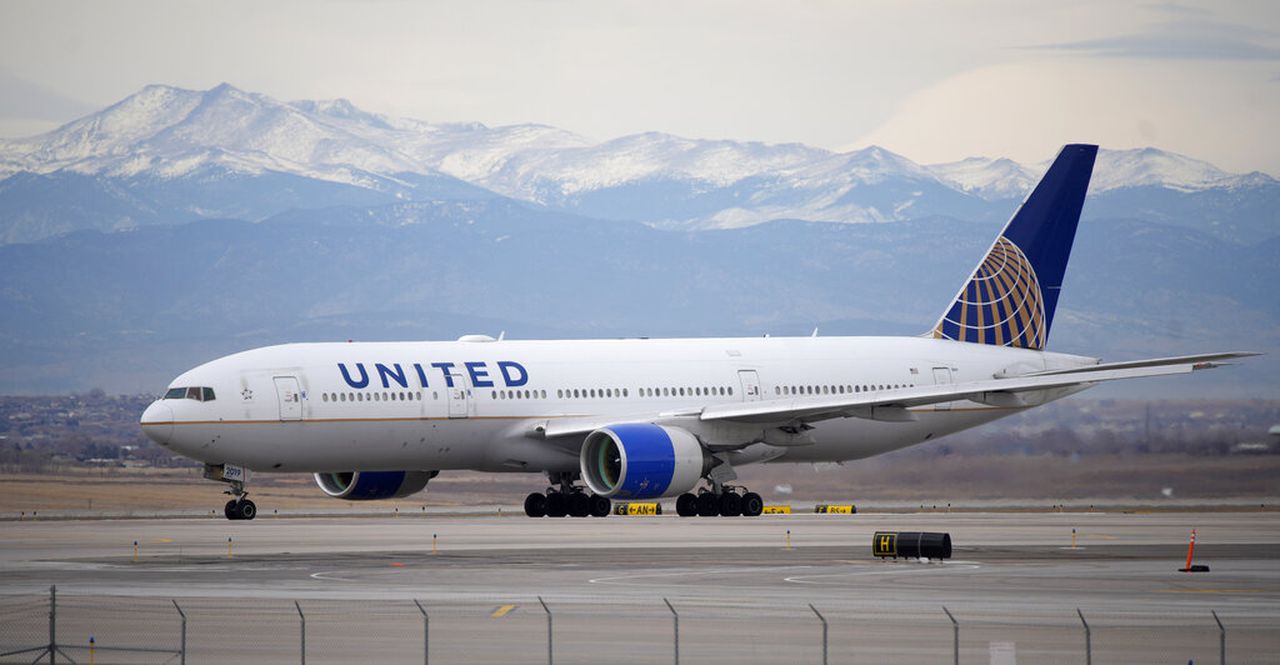Alabama flight attendant fired by United Airlines: COVID vaccine policy violated religious rights
An Alabama woman is suing United Airlines, claiming the airline’s COVID-19 vaccine policy discriminated against her religious beliefs.
The suit, filed Wednesday in U.S. District Court in Massachusetts on behalf of Sheyenne Myers, seeks lost compensation and benefits, and damages.
In the 15-page lawsuit, attorneys for Myers, a former flight attendant who worked out of Boston’s Logan Airport, say the airline’s 2021 COVID-19 vaccine policy violated the federal Civil Rights Act and Massachusetts state law.
According to the suit, Myers says she was terminated from her job in October 2021 after she attempted to use the company’s religious accommodation policy to avoid taking the vaccine.
“In her request, she explained to United that she sincerely believes she cannot inject unknown vaccines into her body and highlighted the fact that the ingredients and chemicals contained in the COVID-19 vaccines were unknown, the effects of the vaccines were unknown, and these variables without more information, precluded her from blindly injecting a substance into her body,” the suit states.
“Ms. Myers sincerely believes that her body is not to be altered in any way other than through means by which God created or through scientifically proven, safe, and effective manmade and necessary medical intervention. To consume or knowingly inject anything else into her body would constitute a sin and prevent her ability from one day, going to Heaven and sharing that Place with God.”
The suit claims that United’s granting her religious accommodation request constituted nothing other than placing her on leave without pay, which was “coercion.”
The suit goes further, saying “it is not subject to reasonable dispute” that vaccination failed to prevent the transmission of COVID-19.
“And whereas an unvaccinated individual has already contracted COVID-19 and developed natural immunity and antibodies to the virus, a vaccinated person is up to twenty-seven times (27x) more likely to contract coronavirus and transmit it thereafter,” the suit states, appearing to cite a debunked study.
Attempts to reach United Airlines for comment were not immediately successful.
